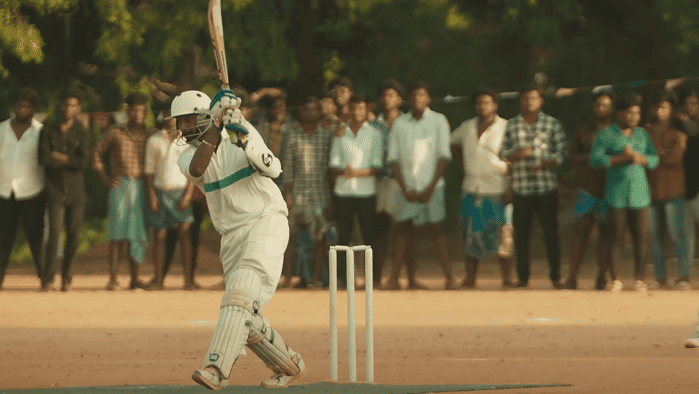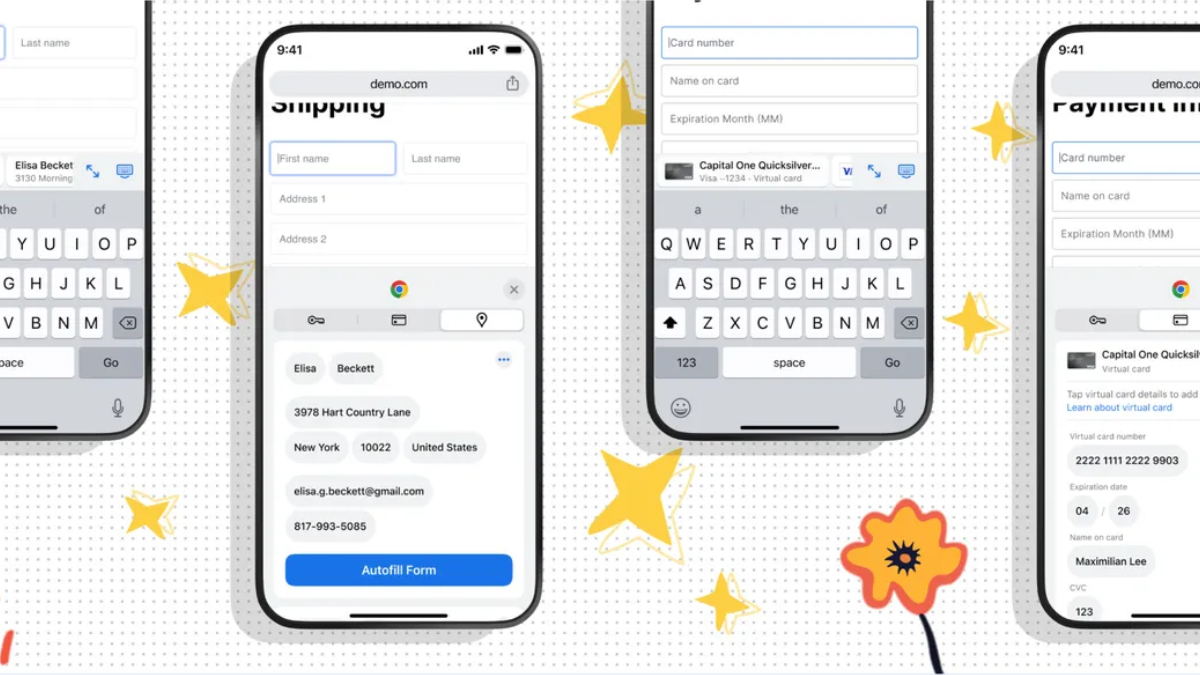Oscar-winning composer uses AI-generated voices of late singers for his latest song
An endless ethical quandary.
3 min. read
Published on
Read our disclosure page to find out how can you help MSPoweruser sustain the editorial team Read more
Key notes
- Oscar-winning A.R. Rahman uses AI to revive late singers’ voices for an upcoming movie.
- The song Thimiri Yezhuda “revives” the late Bamba Bakya & Shahul Hameed, who passed away years ago.
- Ethical questions arise over using AI to recreate vocals for deceased artists.

We’ve seen reports on how AI can create covers of songs of another artist without them singing them, which YouTube isn’t very fond of, but have you ever wondered how AI-generated voices can bring a legendary musician back to life?
Oscar-winning music composer A.R. Rahman has utilized Timeless Voices’ AI to recreate the voices of late playback singers Bamba Bakya and Shahul Hameed for the song “Thimiri Yezhuda” from the upcoming Tamil thriller film “Lal Salaam”.
“We took permission from their families and sent deserving remuneration for using their voice algorithms. Technology is not a threat and a nuisance if we use it right,” says the composer, honoring the late singers and paying a well-deserved tribute.
And, of course, people are loving it, as they’re saying on X (fka Twitter) comments. It’s “the first time in the industry that a late legend’s voice has been brought back to life,” as Sony Music India claims. The two passed away in 2022 & 1998, respectively, but the moral quandary stands still: Is it ethical to use AI-generated vocals for deceased artists?
It’s the nature of the music industry that when an artist passes away, their music reaches an unimaginable all-time high in streaming numbers. We’ve seen it from time to time: rapper DMX’s stream jumped over 900% after his passing in 2021, David Bowie’s in 2016, and many other late folks also faced the same situation.
In music, when a musician records part of a song but passes away before finishing the entire project, others often step in to complete it with additional features, hence we see plenty of “posthumous albums” with dozens of features. AI changes this – it can recreate the artist’s voice, eliminating the need for extra features to fill the gaps.
But, again, will this be ethical? Some musicians choose not to release their albums after they die and make it crystal clear when they’re alive, like Anderson .Paak who has a tattoo that says, “When I’m gone, please don’t release any posthumous albums or songs with my name attached.”
But yet, their labels, or sometimes estates, choose to release them instead, and possibly “ruin” their artistic legacy, as we’ve seen from time to time. We don’t have the answer for this dilemma, but it’s up for a conversation.
And it’s about time that we have it.









User forum
0 messages